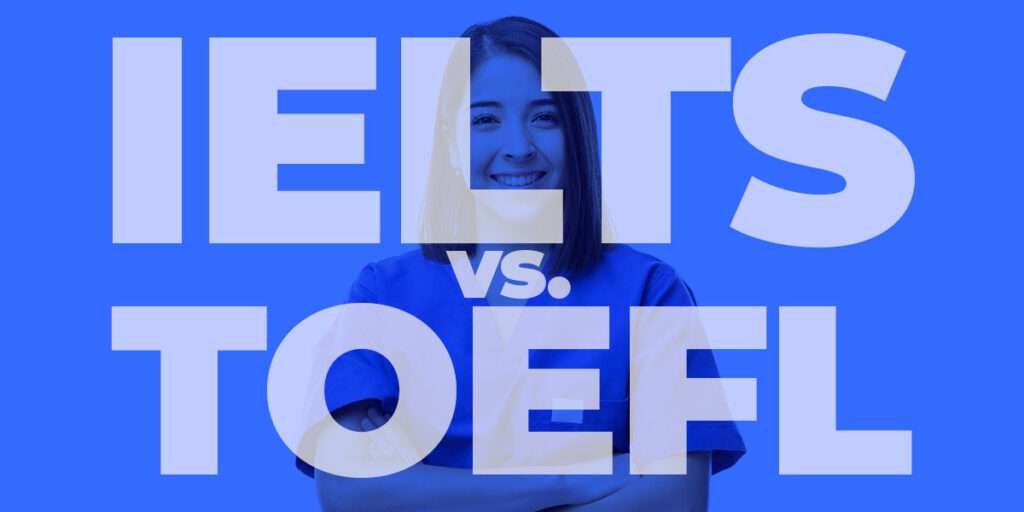Choosing between IELTS (International English Language Testing System) and TOEFL (Test of English as a Foreign Language) can be challenging for students planning to study abroad. Both tests assess your English proficiency but differ in format, structure, and acceptance. This guide will help you decide which test best suits your needs.
What Are IELTS and TOEFL?
IELTS is widely accepted in the UK, Australia, Canada, and Europe. It measures your ability to communicate in English through listening, reading, writing, and speaking. IELTS is available in two versions:
- IELTS Academic (for students applying to universities)
- IELTS General Training (for work or migration purposes)
TOEFL, primarily accepted in the USA and Canada, also evaluates English proficiency in an academic context. TOEFL iBT (Internet-Based Test) is the most common format, though a paper-based version (TOEFL PBT) is available in limited locations.
Key Differences Between IELTS and TOEFL
| Feature | IELTS | TOEFL |
|---|---|---|
| Test Format | Paper-based & Computer-based | Internet-based (iBT) & Paper-based (PBT) |
| Duration | ~2 hours 45 minutes | ~3 hours |
| Speaking Section | Face-to-face interview with an examiner | Recorded responses through a computer |
| Scoring System | 0-9 band scale | 0-120 score |
| Accent Focus | British & Australian English | American English |
| Writing Section | 2 tasks (essay + description) | 2 tasks (essay + summary) |
| Reading & Listening Format | Shorter passages and a variety of question types | Longer passages and multiple-choice questions |
IELTS vs. TOEFL: Which One Should You Choose?
1. Choose IELTS If:
- You prefer writing answers by hand (paper-based test available)
- You are more comfortable with face-to-face speaking tests
- You are applying to universities in the UK, Australia, Canada, or Europe
- You prefer different question formats rather than multiple-choice questions


2. Choose TOEFL If:
- You are comfortable with American English accents
- You prefer typing over handwriting (computer-based test)
- You can handle longer listening and reading passages
- You are applying to universities in the USA or Canada
Which Test is Easier?
Neither IELTS nor TOEFL is universally easier—it depends on your strengths. If you are better at speaking in person, IELTS may be easier for you. If you are comfortable with multiple-choice questions and typing, TOEFL could be a better choice.
Conclusion: Which Test Should You Take?
- If you’re applying to a university in the USA or Canada, TOEFL is the better choice.
- If your destination is the UK, Australia, or Europe, IELTS is widely accepted.
- If you prefer a shorter test with various question types, IELTS is a good option.
- If you are comfortable with an entirely computer-based test, TOEFL is ideal.
Before deciding, check the specific English proficiency requirements of your target university. You can also take practice tests for both IELTS and TOEFL to see which format suits you best.




